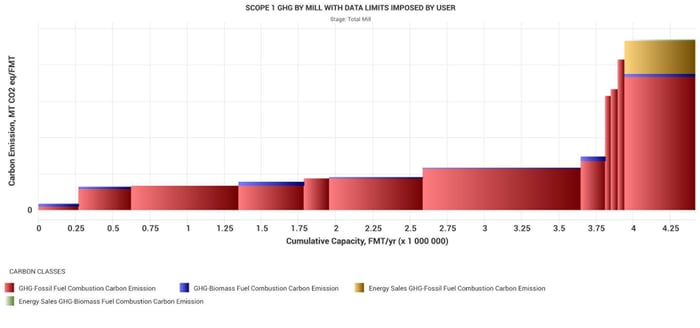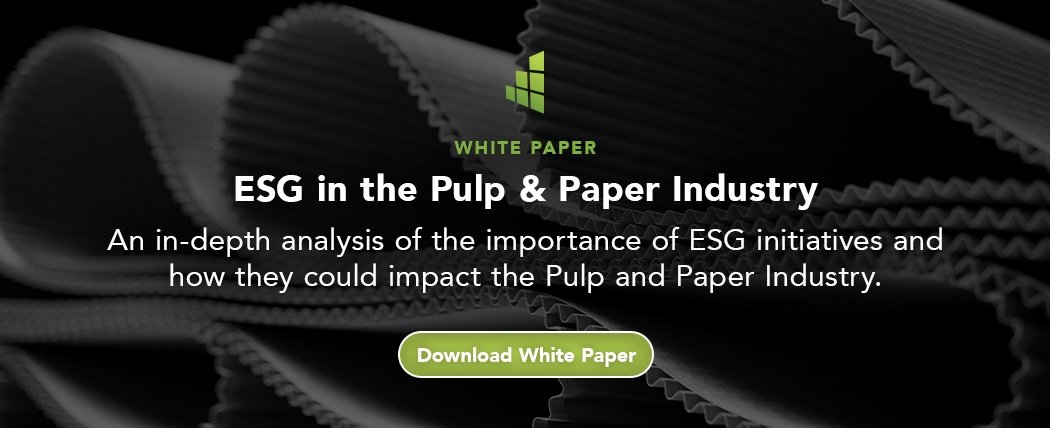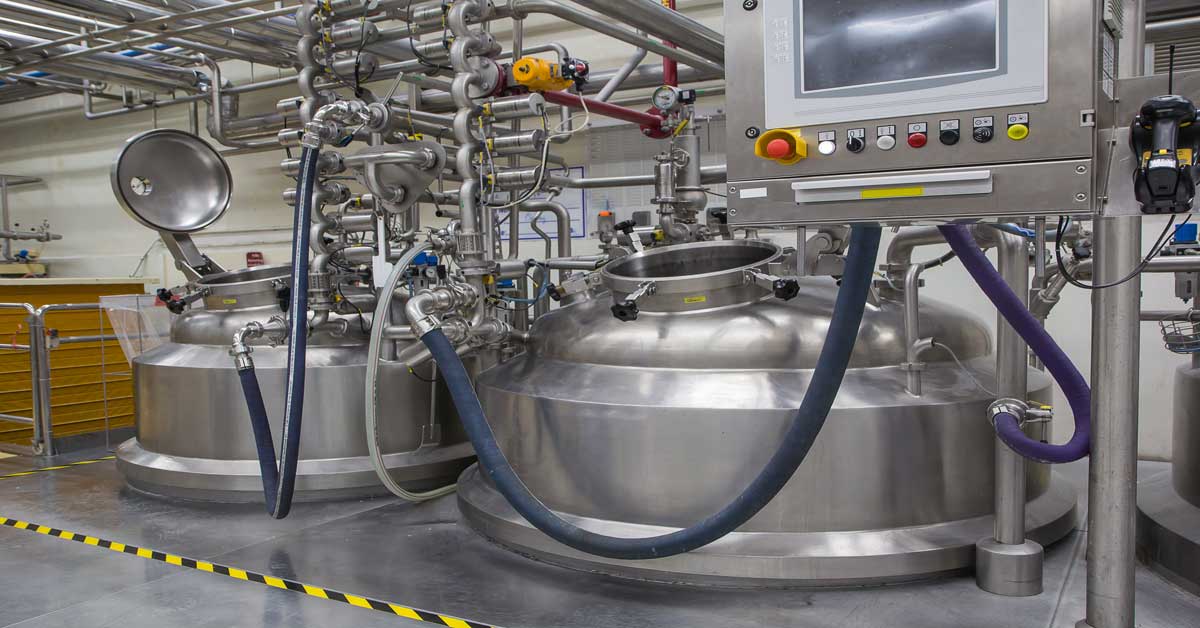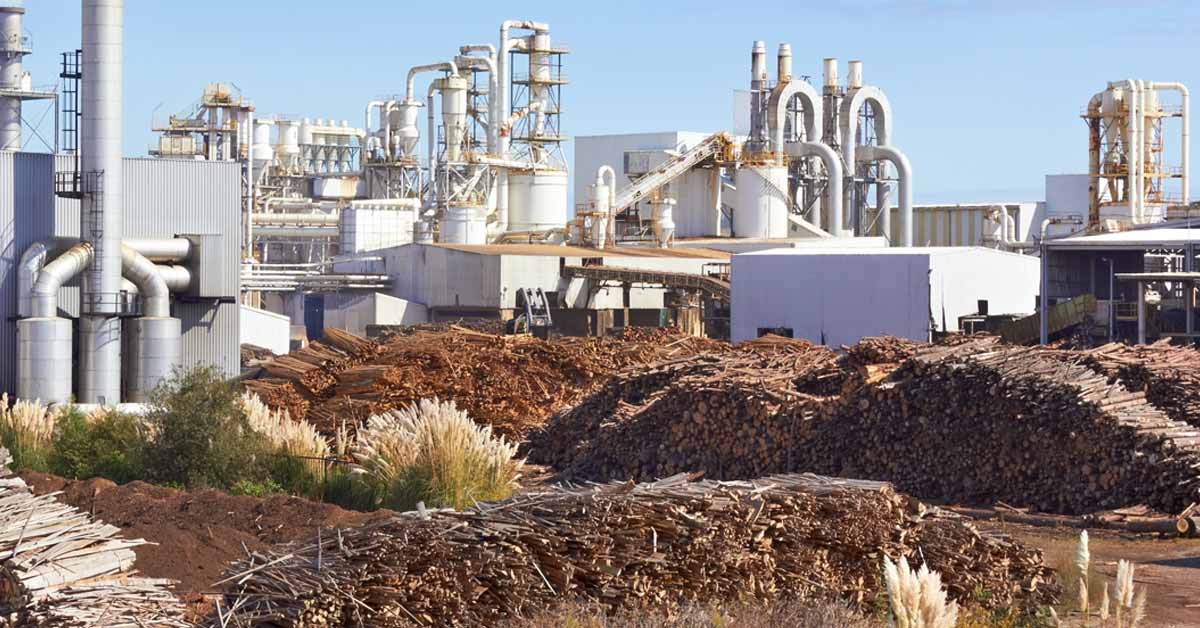Decarbonization is becoming an increasingly important topic globally and at all levels of the value chain as governments increasingly turn to policy to drive desired environmental outcomes.
Last month, Washington state launched its complex carbon-pricing scheme that will allow most of the state’s biggest greenhouse gas emitters the opportunity to sell and buy carbon allowances. On February 28, the sale for these allowances went live.
This new market is only the second of its kind in the United States and demonstrates the efforts some US policymakers are putting forth to control climate pollution. If everything goes as planned, the state will be mostly carbon-free by 2050.
In an article discussing the new cap-and-trade climate law, some of Washington’s top gas emitters were reported. Of the 10 reported companies, two were kraft paper mills. This doesn’t come as much of surprise as the pulp and paper industry makes up one of the top five industrial categories that contribute to the most greenhouse gases emitted.
But with an influx in legislation initiatives aiming to contain the amount of carbon emitted, it’s imperative now more than ever for companies to form an actionable plan. The goal is to find a strategy on how to measure their emissions as well as control them.
Carbon Usage Is Beginning to Impact Profitability
Carbon is already impacting the bottom line of global manufacturers. With the rise of carbon pricing mechanisms, the cost of doing business will ultimately increase for high emitting manufacturers who don’t have the appropriate data and insight to adapt to these changing markets efficiently.
In addition to higher prices, these manufacturers could also potentially lose the business of retailers and companies who are focusing on their own individual carbon footprints. This could encompass everything from who they select as their supplier to transportation and packaging in order to achieve sustainability goals.
At Fisher, we believe this problem can be solved by applying sophisticated analytics to our comprehensive data sets that describe every pulp and paper mill in the world. We take a systematic approach by basing our models on fundamentals. That way, we can correct the issues found in much of the carbon emissions reporting and provide an “apples-to-apples” comparison for consumers.
How FisherSolve Can Help You Analyze Your Emission Use
To help prepare for a more ecologically conscious future, FisherSolve’s Carbon Module shows the carbon output of every pulp line and paper machine for each of the products they produce. Based on uniform international standards, this tool makes FisherSolve uniquely capable of measuring and benchmarking the carbon footprint of all players against their peers. Our tool shows carbon emissions of various scopes from cradle to destination.
For example, a mill in Washington wants to see how their Scope 1 emissions compare to other mills in the state. Using FisherSolve’s Carbon Module, as seen in the image below, said mill can examine a side-by-side comparison of where they sit compared to their competitors.
Scope 1 Carbon Emissions of Pulp and Paper Mills in Washington
 Source: FisherSolve
Source: FisherSolve
Once they understand their position in the market, they can get even granular and analyze which specific carbon classes make up their emissions, along with how much each class is contributing to its overall usage. From there, Fisher’s Leveraged Consulting services can be utilized to discuss areas they can reduce emissions in, in addition to examining what options are in front of them.
As with all FisherSolve data modules, our Carbon Module allows for strategic analysis at any level you choose to examine for whatever combination of factors that are most important to you.
Washington state will most certainly not be the last area we see implement some sort of carbon pricing mechanism. Carbon costs are here and growing, and it is now evident that optimized sourcing in the future will require consideration of both traditional and environmental costs. For information or to schedule a demo of our carbon module, contact us today.










